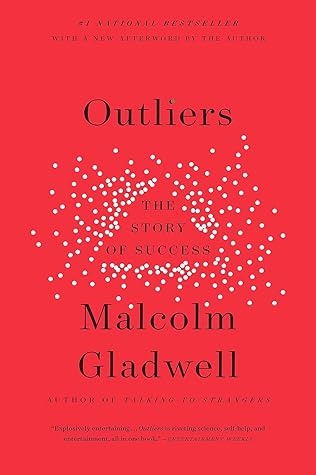More on this book
Community
Kindle Notes & Highlights
Success is the result of what sociologists like to call “accumulative advantage.”
Achievement is talent plus preparation. The problem with this view is that the closer psychologists look at the careers of the gifted, the smaller the role innate talent seems to play and the bigger the role preparation seems to play.
Their research suggests that once a musician has enough ability to get into a top music school, the thing that distinguishes one performer from another is how hard he or she works. That’s it. And what’s more, the people at the very top don’t work just harder or even much harder than everyone else. They work much, much harder.
Practice isn’t the thing you do once you’re good. It’s the thing you do that makes you good.
Those three things—autonomy, complexity, and a connection between effort and reward—are, most people agree, the three qualities that work has to have if it is to be satisfying.
if you work hard enough and assert yourself, and use your mind and imagination, you can shape the world to your desires.
“culture of honor” means. It’s a world where a man’s reputation is at the center of his livelihood and self-worth.
We sometimes think of being good at mathematics as an innate ability. You either have “it” or you don’t. But to Schoenfeld, it’s not so much ability as attitude. You master mathematics if you are willing to try. That’s
Success is a function of persistence and doggedness and the willingness to work hard for twenty-two minutes to make sense of something that most people would give up on after thirty seconds.
Outliers are those who have been given opportunities—and who have had the strength and presence of mind to seize them.


